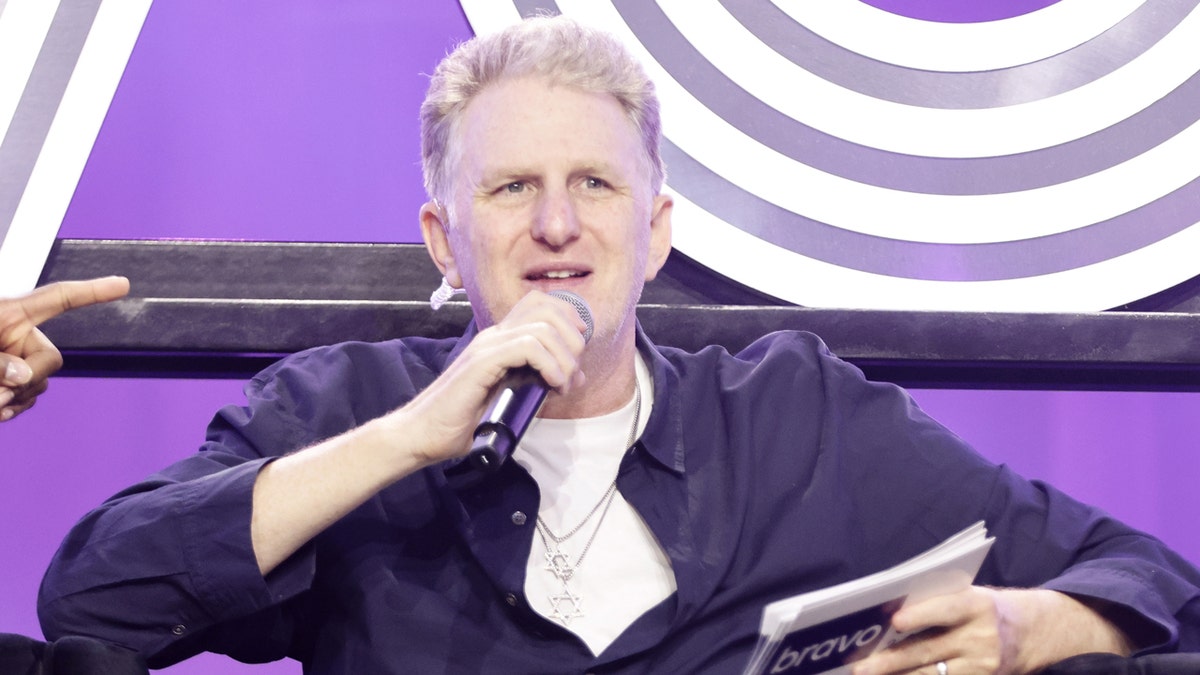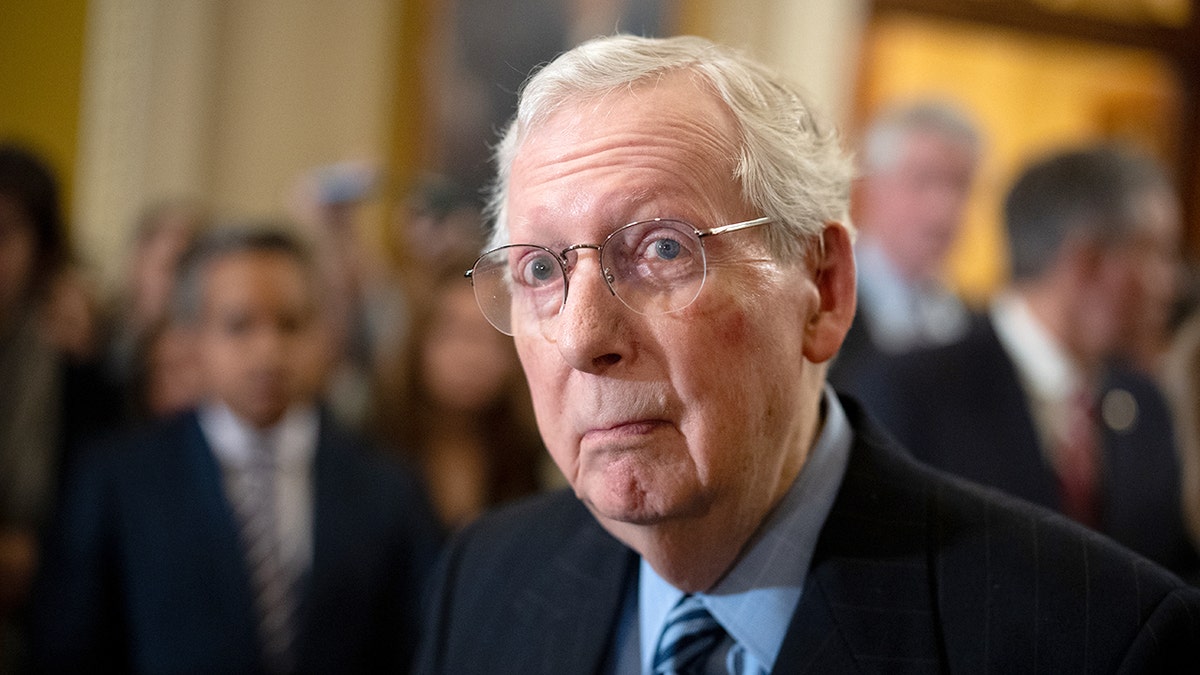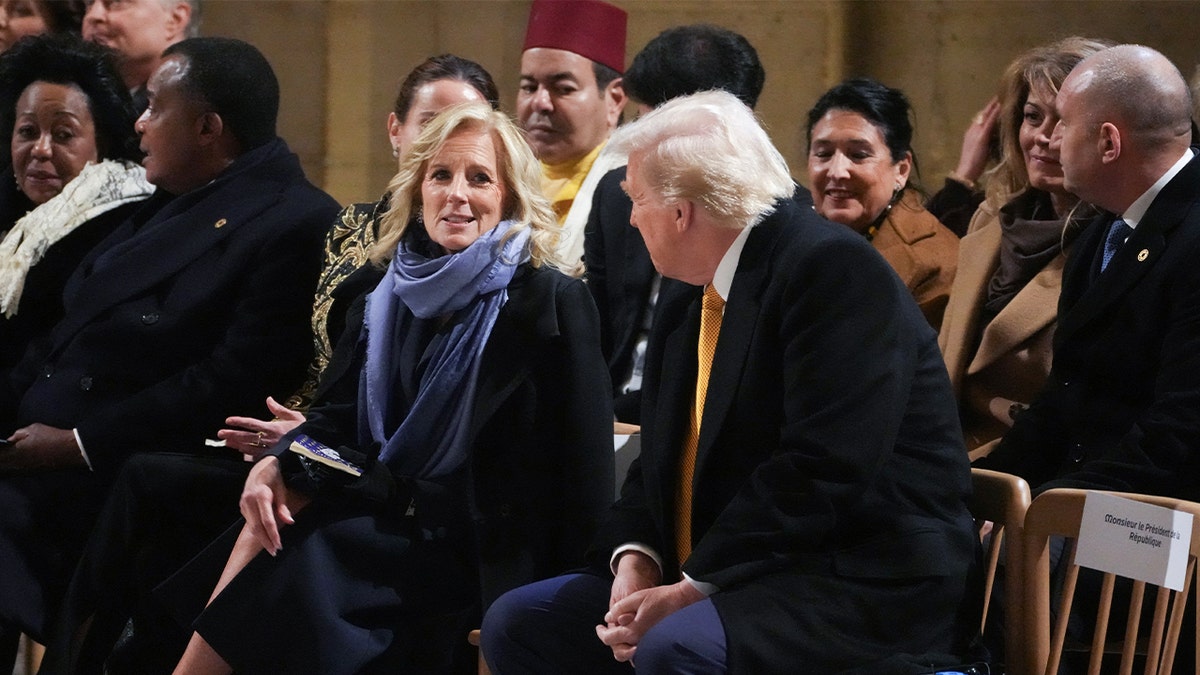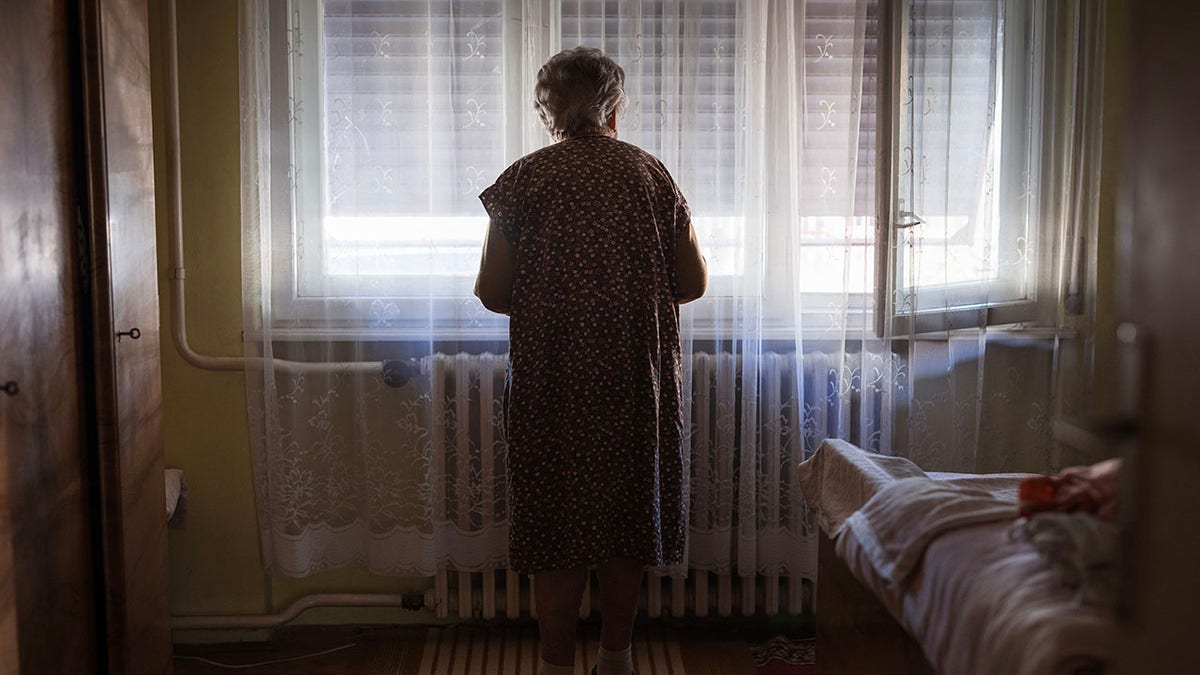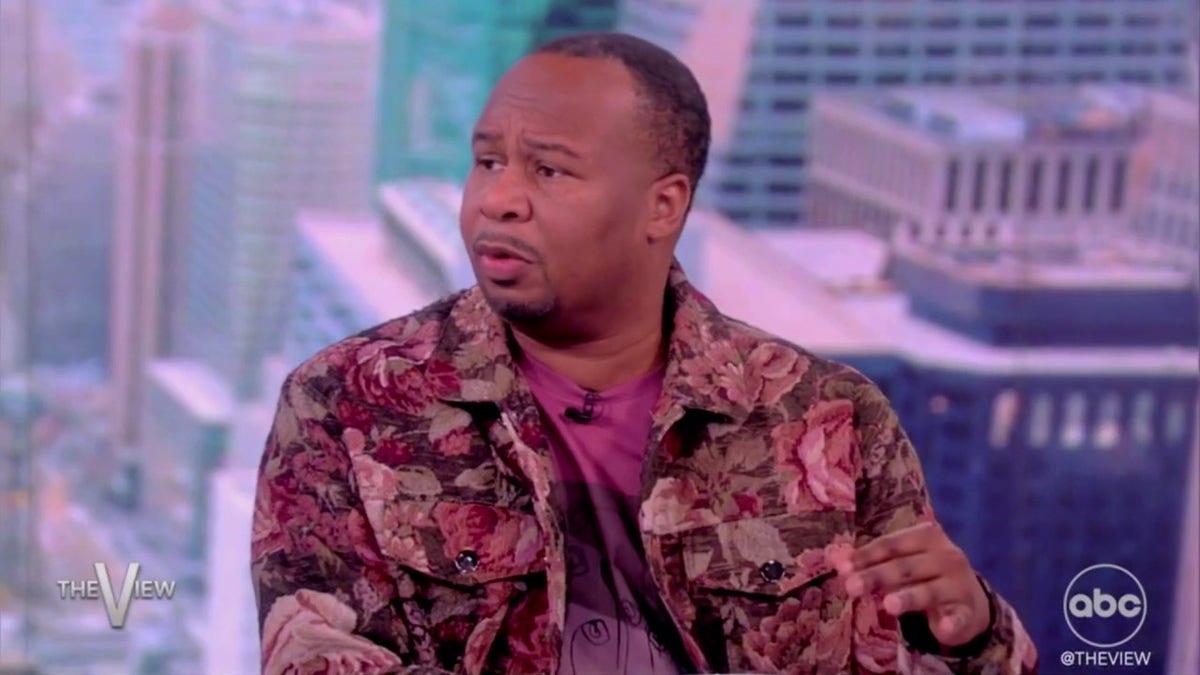Former military intelligence analyst Rebekah Koffler offers insights into the Kremlin's perspective on the Ukraine conflict and the challenges in achieving a peaceful resolution. Recent statements and actions by Russian President Vladimir Putin suggest a rigid stance that may prove difficult to overcome, even for a skilled negotiator.
Putin's rejection of a proposed peace deal, coupled with his insistence on recognizing only specific Ukrainian authorities as legitimate, highlights the deep divide between the two sides. His assertion that the current Ukrainian government is illegitimate based on constitutional technicalities adds another layer of complexity to the situation.
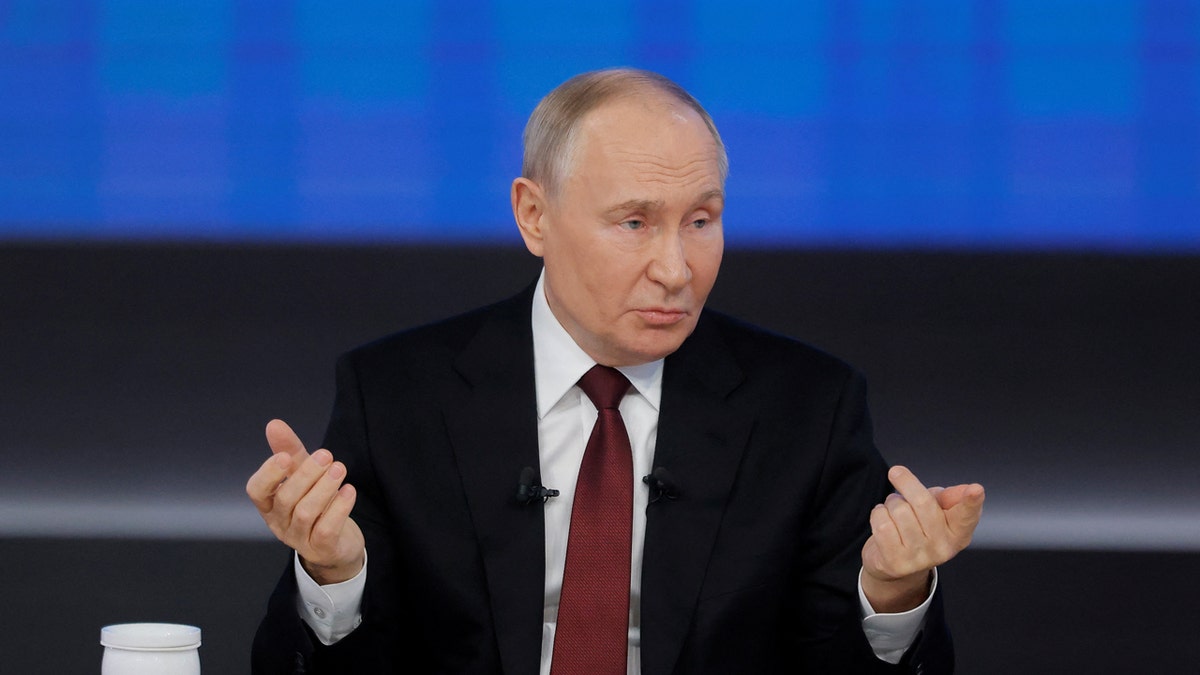
Furthermore, Putin has dismissed the idea of a ceasefire, arguing that it would only give Ukraine time to regroup and strengthen its forces. He believes Russia's superior military strength and manpower give it the advantage in a prolonged conflict.
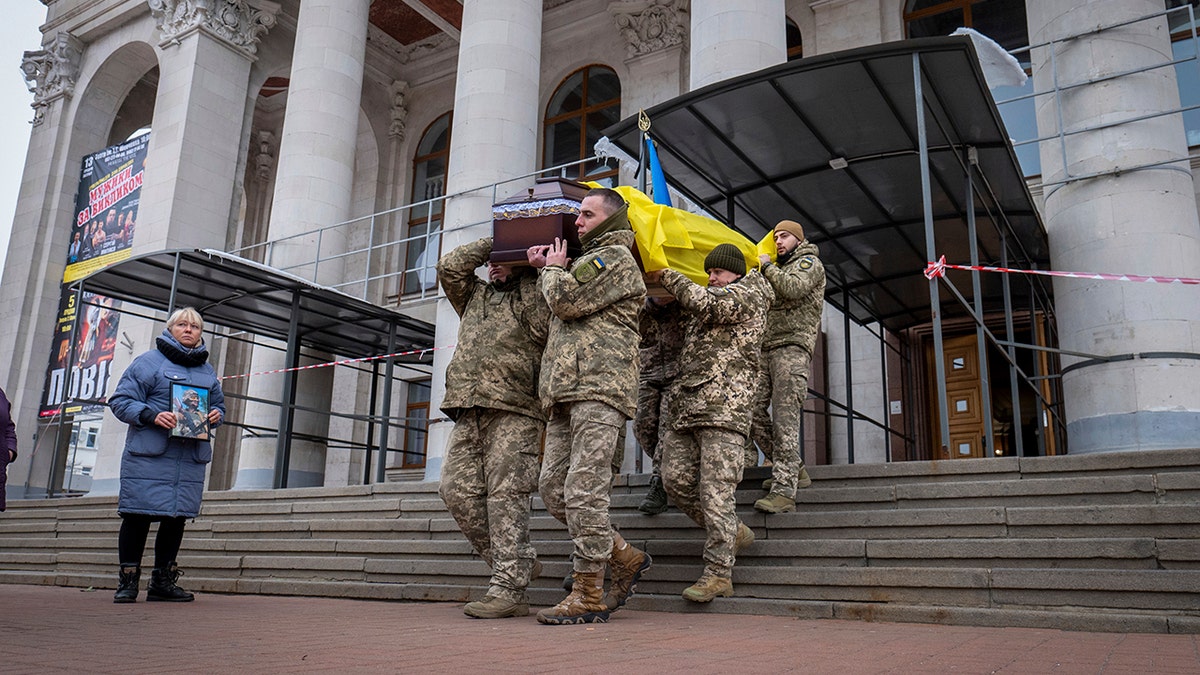
Putin's demands, including retaining control over a significant portion of Ukrainian territory and the lifting of Western sanctions, are likely to be unacceptable to both the US and Ukraine. His confidence in Russia's strengthened position, due to economic diversification and military buildup, further complicates the prospects of negotiation.
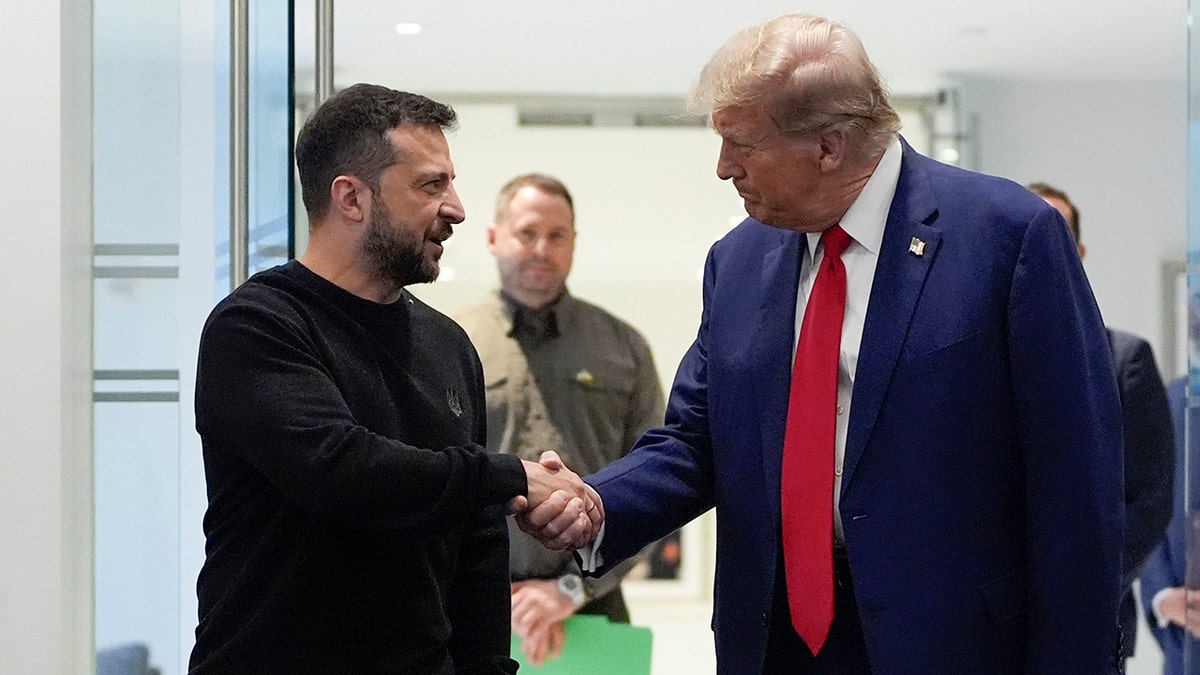
Even the potential involvement of a new US administration may not be enough to sway Putin. He has indicated a willingness to talk, but only if approached first, signaling a firm belief in his own leverage and a lack of urgency to find common ground.
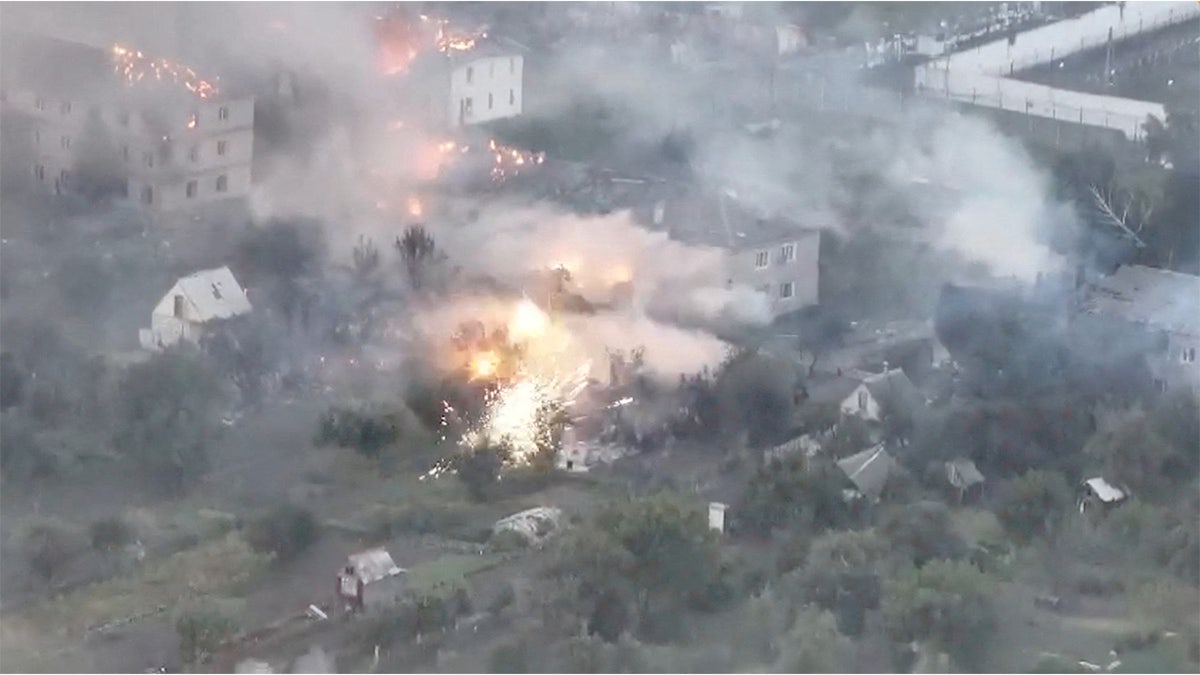
The path to peace in Ukraine appears fraught with obstacles, given Putin's uncompromising stance. Creative solutions and a deep understanding of the Kremlin's perspective will be crucial for any progress towards resolving the conflict.

